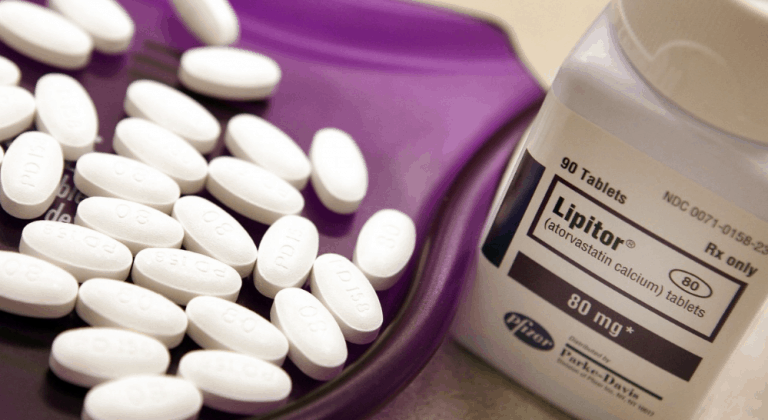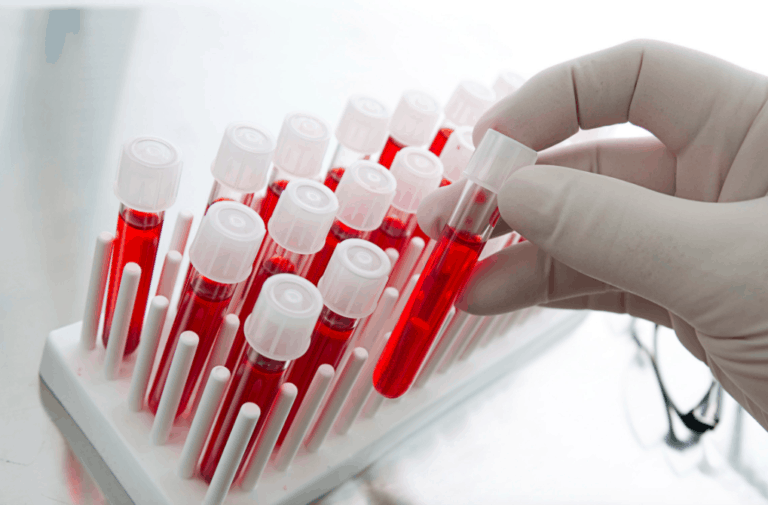Incontinence and prostate cancer treatment frequently go hand-in-hand, whether it’s radical prostatectomy, radiation therapy, or brachytherapy. For example, the external sphincter, which controls the flow of urine, often does not function properly in men after they have undergone radical prostatectomy, especially in the early weeks after surgery. This malfunction of the sphincter can result in stress incontinence when pressure is placed on the abdominal area. Such pressure can occur when men laugh, sneeze, lift objects, or engage in sexual activity.
Urinary incontinence and prostate cancer treatment involving radiation therapy also is not uncommon. In this case, urine leakage is associated with bladder irritation and not stress. Men who undergo brachytherapy may develop a swollen prostate. This in turn can press against the urethra and cause temporary urinary incontinence. Only about 1 percent of men who have brachytherapy experience urinary incontinence.
The severity and duration of urinary incontinence that follows prostatectomy, radiation therapy, or brachytherapy varies greatly. Deciding factors include a man’s age, presence of other medical issues, and the type of treatment he received. However, men should have a serious conversation about incontinence and prostate cancer treatment with their healthcare provider before choosing and starting prostate cancer therapy.
Patients should ask questions about the chances of developing incontinence associated with each type of prostate cancer treatment under consideration. Doctors should warn their patients that urinary incontinence may take a year or longer to resolve. Men who are planning to undergo any procedures for prostate cancer also should ask their doctor what urinary incontinence treatment options are available to them should they develop urine leakage after their prostate cancer treatment.







